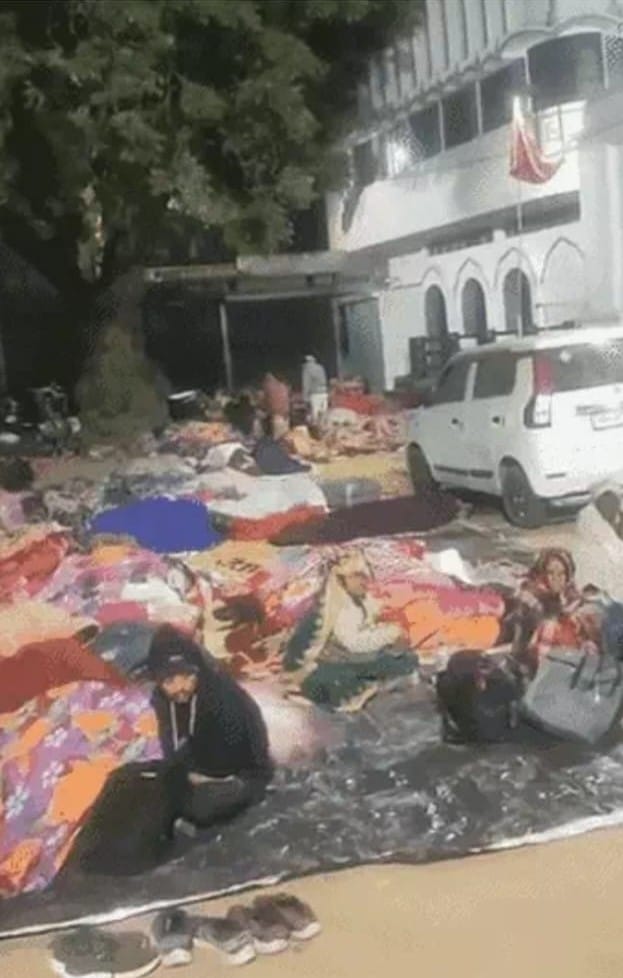– Akhilesh Tripathi
Lucknow: During the tragic stampede at Prayagraj Mahakumbh, local Muslims came forward with open hearts to assist Hindu devotees in distress. They not only helped devotees escape to safety but also ensured their well-being by providing shelter, food, and medical care. Their actions reaffirmed Prayagraj’s reputation as a symbol of Ganga-Jamuni culture.
At a time when political parties in Uttar Pradesh often exploit religious differences for their gains, and when certain leaders from so-called Hindu organisations and the ruling BJP failed to provide aid, it was the Muslims of Prayagraj who stepped up. As chaos unfolded, they offered protection, food, and medical assistance to those in need.
The stampede left an indelible mark on the memories of the devotees who endured extreme hardship to survive. What they will also remember is the selfless generosity of those whom some politicians seek to vilify. Local Muslims not only opened the doors of mosques and shrines but also welcomed Hindu devotees into mosques, dargahs, shrines, and their homes, offering them warmth, sustenance, and care.
 This profound act of compassion stands as a shining example of communal harmony. Despite ongoing efforts to create divisions, the spirit of brotherhood prevailed, proving that attempts to foster hatred between Hindus and Muslims will ultimately fail.
This profound act of compassion stands as a shining example of communal harmony. Despite ongoing efforts to create divisions, the spirit of brotherhood prevailed, proving that attempts to foster hatred between Hindus and Muslims will ultimately fail.
After the stampede, devotees ran desperately for their lives, many colliding and falling, only to be trampled by the surging crowd. The lack of water and space made survival even more difficult, as suffocation claimed numerous lives. Amid this turmoil, thousands sought refuge in the city of Prayagraj. Those who reached Muslim-dominated areas found solace as local residents welcomed them with open arms. Areas such as Jansenganj Road, Khuldabad Sabzi Mandi Mosque, Bara Tazia Imambara, Himmat Ganj Dargah, Chowk Mosque, and GT Road transformed into shelters for Hindu devotees.
The Muslims swiftly organised relief efforts, ensuring safe shelter, providing food and water, and distributing bedding, blankets, and rugs to keep the devotees warm. Community kitchens (langars), including those of Sikhs, were set up to ensure that no one went hungry, and the Imam of a mosque personally distributed water to the exhausted devotees.
For those who fell ill, medicines were arranged, and local residents even opened their homes to accommodate the stranded. Remarkably, around 25,000 blankets were distributed among the devotees.
Among the many who played a vital role in aiding the devotees were Saeed Ashraf, Mansoor Usmani, and Aftab Ahmed. Numerous others chose to remain anonymous, humbly stating, “Hindu devotees are our brothers and sisters. We simply did what was right. We did not seek recognition; their safety was our only reward.”




